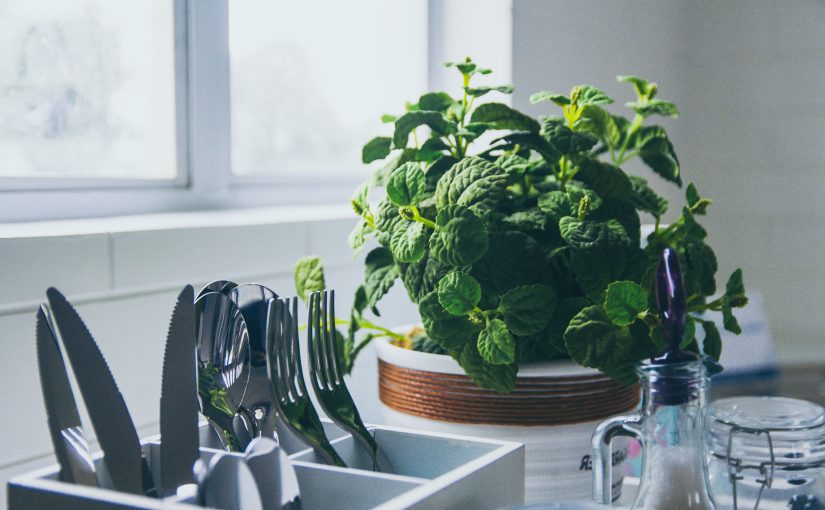Want to start growing summer herbs so you can easily incorporate them into your cooking without having to constantly run to the store? Luckily, you don’t need a huge outdoor herb garden to have fresh-grown herbs on hand in the kitchen whenever you need them.
Follow our tips below for growing and maintaining summer herbs indoors and, before you know it, you’ll be rewarded with herbs that taste extra delicious and smell lovely!
Top Tips for Growing Summer Herbs Indoors
Caring for indoor herbs is pretty low-maintenance, as they mainly need a sufficient amount of light to thrive. Below are some simple tips for growing indoor herbs:
- Light is the biggest factor in caring for indoor herbs, so the location you keep them in needs to have an ample amount of sunlight in order for them to flourish. A minimum of 4-6 hours of light a day, depending on the specific herb, is recommended for them to grow successfully.
If you don’t have a window, kitchen countertop or other spot in your home that will provide the amount of sunlight needed, you may need to use shop lights or grow lights for your indoor herbs to thrive.
- Don’t water herbs too frequently. Since herbs have minimal nutrient and water requirements, you don’t have to worry about constantly watering them. You’ll want to allow them to dry, but not to the point where they’re dried up. A good rule of thumb is to water your herbs when the soil becomes dry to the touch. In between watering, simply mist the leaves.
- Good drainage is important to ensure your herbs don’t get overwatered. A lightweight potting mix will keep the roots of your herbs from sitting in water. Also, a soft-sided container or a clay pot with sufficient drainage will provide even better drainage and allow oxygen into the root.
- Snip constantly. You’ll want to snip your herb leaves and use them for cooking regularly to keep them growing and delay flowering. Once they flower and produce seeds, they’re on their way out.
- Keep herbs in an area with low humidity or use a fan to circulate the air in your kitchen to prevent powdery mildew from forming on the leaves.
Wondering what herbs to grow? Basil, mint, thyme, rosemary and sage are all versatile herbs that complement an array of summer dishes. Whichever ones you decide to start with, be sure to get into the habit of using them in your cooking and enjoy the delicious flavor they add to your meals!

